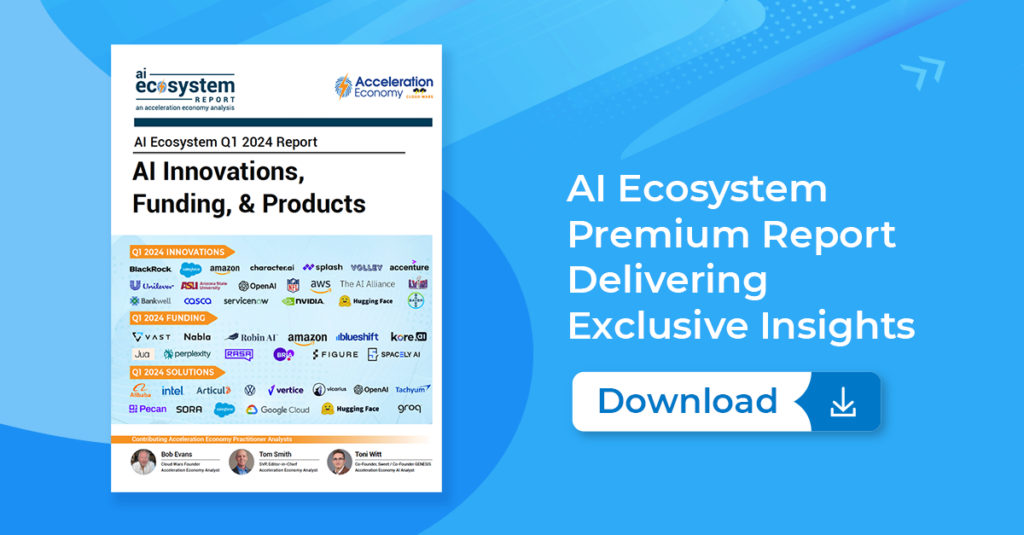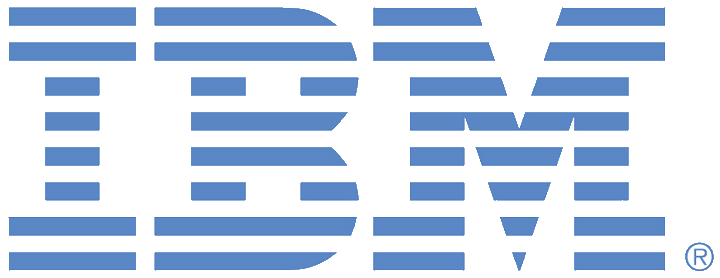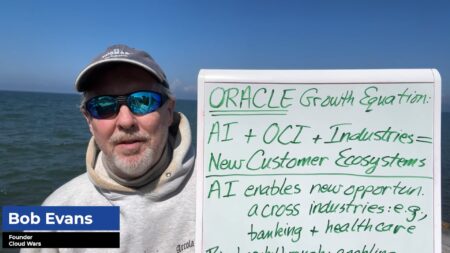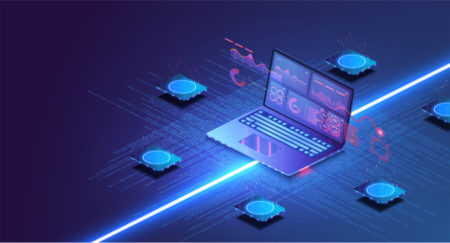
That AI will have a profound impact on the workforce is no revelation. The technology has already led to the introduction of tools and services that don’t just require staff to brush up on their technical knowledge but also learn entirely new skill sets.
In response, a new initiative, the AI-Enabled Information and Communication Technology (ICT) Workforce Consortium, inspired by the work of the U.S.-EU Trade and Technology Council’s (TTC) Talent for Growth Task Force, promises to explore the impact of AI on ICT roles. The consortium aims to provide a mechanism that enables widespread access to relevant training programs and connect organizations with skilled workers.
The consortium is led by Cisco and includes teams from Accenture, Eightfold, Google, IBM, Indeed, Intel, Microsoft, and SAP, plus a series of advisor partners. The scope of the companies and organizations involved represents a broad perspective, but each contributor is linked by its commitment to cutting-edge AI deployment.
Evaluating, Upskilling for New Roles
I had an opportunity to speak with Nicole Helmer, Vice President and Global Head of Development Learning at SAP about the consortium, and the role SAP is playing. “AI is going to reshape roles in industries, and that’s probably going to happen in technical roles and knowledge worker roles very quickly,” says Helmer. “The reason that the consortium exists is that unknown changes are coming.”

Changes that are on the horizon won’t just focus on increasing productivity, but will fundamentally impact the responsibilities, tasks, and consequently, skills needed for new and emerging roles, Helmer explans.
“Take a support person,” she says. “It might not only be that you search in a different way, it might be that the nature of support shifts. So, we need to evaluate that and make sure that we’re preparing not only the workforce in SAP, but also the labor force of the world to meet those [requirements].”
“From an SAP perspective, we can certainly upskill our employees based on our understanding of where this is going. And we could do all of that work ourselves.

The AI Ecosystem Q1 2024 Report compiles the innovations, funding, and products highlighted in AI Ecosystem Reports from the first quarter of 2024. Download now for perspectives on the companies, investments, innovations, and solutions shaping the future of AI.
“But, what we wouldn’t necessarily be able to do is influence the [global] labor pools that we need to draw from. And that’s where the power of the consortium with government involvement from the US and the EU and the convening power of the other [participants] come into play.”
That’s why a collaborative forum to share ideas and build consensus on recommended actions is so important.
“We are all looking at the same problem with different experience and we draw from the same labor markets, we draw from the same talent pools, and we are going to recruit for the same roles,” says Helmer. “How do we put our heads together to determine what we think that role is going to look like? Our role at SAP is actually very similar to the role of a Microsoft or an IBM. All of the companies involved put forward a number of roles that we will investigate in depth and apply research to in depth, and that will form the basis of the output from the consortium.”
AI Changes Every Role
The consortium is focusing on 56 different ICT job roles during phase one, reimagining how they will be reshaped by AI over the coming years. “From the SAP side, we’ve put in at least four of those 56,” says Helmer.
“In SAP we have roughly 120 different roles and then different levels within those roles and we expect that AI is going to change every single one,” says Helmer. “At this very moment, we’re going through a full review of every single role to rewrite the job description of those roles, to update the skill expectations of those roles, and then make sure that the learning that we have is fit for purpose for where we think those changes are.”
This means SAP and other consortium members need to consider every role in their companies, and move quickly in evaluating those roles today and into the future.
“I actually consider upskilling and teaching people how AI works as one of the most important elements of building ethical AI,” explains Helmer. “Having the value systems and having the ethical review boards, and SAP has those, is important but insufficient.”
Instead, Helmer says that the more we educate people, the more they’ll be able to spot those small errors that lead to bigger AI-related issues later down the line. “That’s one of the critical keys to to building ethical AI,” she concludes.
Members of the consortium each have individual goals for the project but collectively, they hope to positively impact more than 95 million people globally within the next decade. Step one will be the production of a report providing recommendations for organizations committed to providing skills training in line with future AI developments. This is a valuable step toward helping the workforce adapt – and capitalize – on AI.
Ask Cloud Wars AI Agent about this analysis













